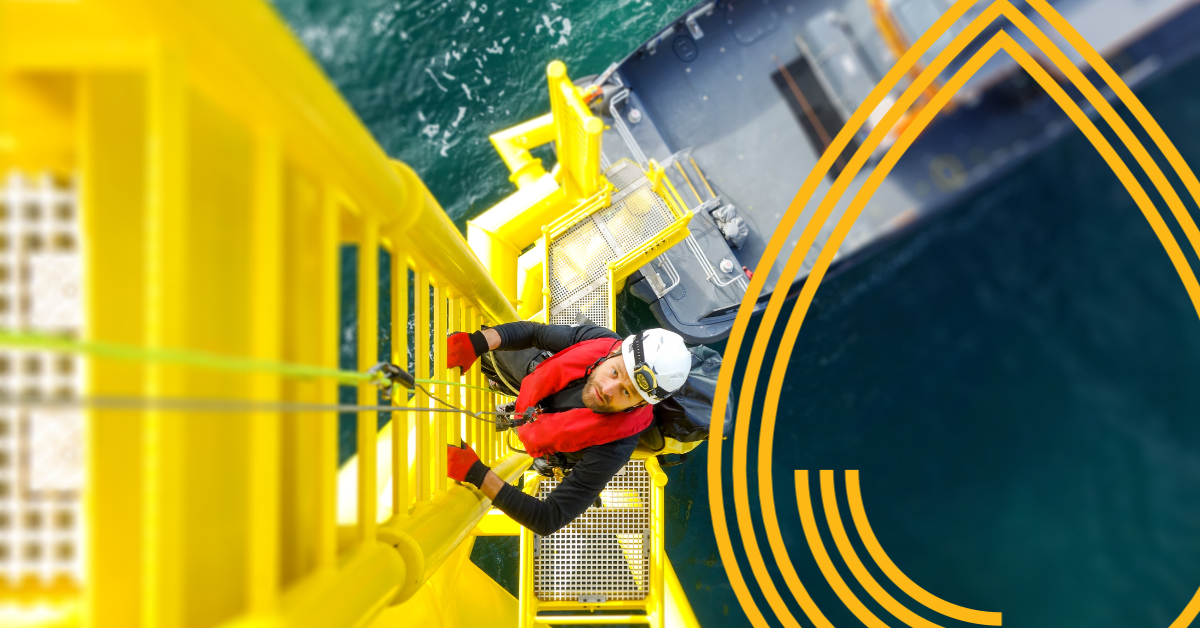Offshore jobs are a cornerstone of the oil and gas industry, playing an essential role in exploration, production, and operational efficiency. These jobs take place in dynamic, high-pressure environments, often miles away from land, where workers help extract resources. As the global demand for energy grows, offshore roles are becoming more critical and diverse. This article explores the most in-demand offshore jobs, the skills required, and the career prospects for professionals in this field.
Overview of Offshore Jobs in Oil and Gas
What Are Offshore Jobs?
Offshore jobs refer to roles that are carried out on oil rigs, platforms, and support vessels located at sea. These jobs are critical for the exploration and extraction of oil and gas resources from beneath the ocean floor. The work is often physically demanding and requires specialized skills. Offshore jobs can range from technical roles such as engineers and electricians to safety supervisors and drilling personnel. Moreover, these jobs are typically structured around long shifts with extended time away from home, making them both challenging and rewarding.
Why Offshore Jobs Are Essential in the Oil and Gas Industry
Offshore oil and gas jobs are essential to the industry because of the significant amount of energy resources located under the sea. Countries like the United States, the United Kingdom, and Norway heavily rely on offshore oil production in areas like the Gulf of Mexico and the North Sea. As offshore exploration expands into deeper waters, the need for skilled professionals to manage these operations has increased significantly. These jobs are not only crucial for energy production but also offer high earning potential and job security for workers.
Most In-Demand Offshore Jobs in the Oil and Gas Industry
Offshore Drilling Engineers
Among the most sought-after professionals in the offshore sector are drilling engineers. These engineers are responsible for designing, planning, and managing the drilling operations that extract oil and gas from beneath the ocean floor. Drilling engineers need a strong background in mechanical or petroleum engineering, along with experience in offshore drilling technologies. These positions are particularly in demand in deepwater projects in regions like the Gulf of Mexico and the North Sea. With ongoing technological advancements, the role of offshore drilling engineers continues to evolve, making them indispensable to the oil and gas sector.
Offshore Project Managers
Project managers are essential in coordinating complex offshore operations, overseeing everything from equipment installations to worker logistics. Offshore project managers are responsible for ensuring that offshore projects are completed on time and within budget. They must have strong leadership skills, project management experience, and a solid understanding of oil and gas operations. The need for skilled project managers is particularly high in large offshore installations, as they ensure the success of multi-million-dollar projects.
Marine and Subsea Engineers
Marine and subsea engineers are specialists in underwater technology, playing a vital role in maintaining subsea infrastructure such as pipelines and drilling equipment. Their expertise is crucial in ensuring the long-term safety and functionality of offshore oil platforms. Marine engineers need advanced technical training and certifications in subsea systems, making them highly valuable in the offshore industry.
Offshore Safety Supervisors
Safety is paramount in offshore environments, which is why safety supervisors play such a critical role. These professionals are responsible for ensuring that all operations comply with health and safety regulations. They monitor work practices, conduct safety drills, and respond to emergencies. Offshore safety supervisors need safety certifications and often have a background in safety management. As offshore exploration ventures into harsher environments, the demand for safety supervisors is set to increase.
Offshore Oil Rig Technicians
Offshore oil rig technicians perform a wide variety of tasks, from maintaining equipment to troubleshooting technical issues. Their responsibilities include working with complex mechanical, electrical, and hydraulic systems. Oil rig technicians play a critical role in ensuring that drilling operations run smoothly and efficiently. They are often required to hold certifications in areas like electrical maintenance, as well as hands-on experience with rig operations. Given the increasing focus on deepwater drilling, the demand for skilled technicians is on the rise.
Offshore Production Operators
Production operators are responsible for overseeing the daily operations on an offshore oil rig. They ensure that oil and gas are being produced efficiently and safely. This job requires a deep understanding of rig equipment, as well as operational safety protocols. Production operators are also tasked with performing regular maintenance checks on all machinery. Certifications such as Basic Offshore Safety Induction and Emergency Training (BOSIET) are typically required. This role offers promising career prospects, especially as offshore production continues to expand globally.
Key Offshore Job Locations and Markets
Offshore Oil and Gas Jobs in the North Sea
The North Sea has long been a hub for offshore oil and gas production, with countries like the UK and Norway leading the charge. Offshore jobs in the North Sea are particularly prevalent in areas like Aberdeen, Scotland, where many major oil companies have operations. As the North Sea continues to play a crucial role in global oil production, job prospects in this region remain strong.
Offshore Employment Opportunities in the Middle East
Offshore employment opportunities are also growing in the Middle East, particularly in the Persian Gulf. Countries like Saudi Arabia and the UAE are investing heavily in offshore oil exploration, leading to an increase in job opportunities for skilled workers in the region.
Offshore Jobs in the Gulf of Mexico
The Gulf of Mexico is one of the world’s most important regions for offshore oil production. Offshore drilling operations in this region provide significant employment opportunities for engineers, technicians, and safety supervisors. Deepwater projects in the Gulf are constantly evolving, making it a prime location for offshore employment.
Future Trends in Offshore Oil and Gas Jobs
Increasing Demand for Offshore Roles
As offshore drilling expands into deeper waters, the demand for offshore workers is expected to rise. Technological advancements are making it possible to explore previously inaccessible areas, creating new job opportunities for skilled professionals.
The Impact of Renewable Energy on Offshore Oil and Gas Jobs
While renewable energy is on the rise, offshore oil and gas jobs remain vital to the global energy landscape. However, many offshore workers are transitioning into roles within the renewable energy sector, particularly in offshore wind farms. This trend offers additional opportunities for workers with transferable skills.
Offshore jobs in the oil and gas industry are both challenging and rewarding. As global energy demands continue to rise, the need for skilled offshore professionals will remain strong. Whether you’re an experienced engineer or just starting your career, offshore jobs offer excellent opportunities for growth and high earning potential. With the right certifications and a willingness to embrace the offshore lifestyle, these roles can lead to long-term career success.









